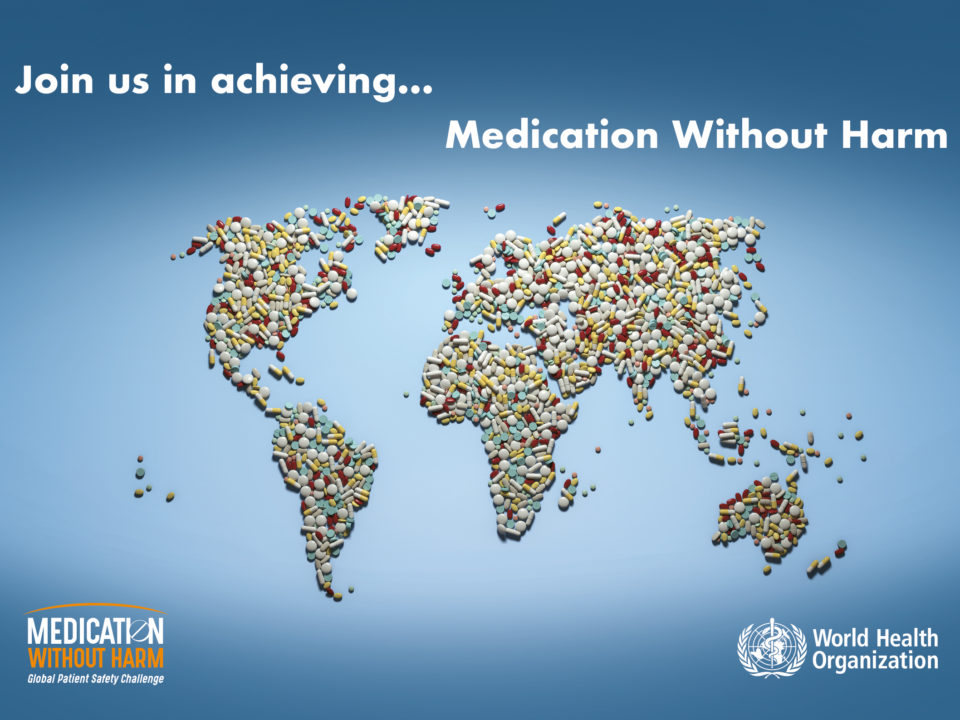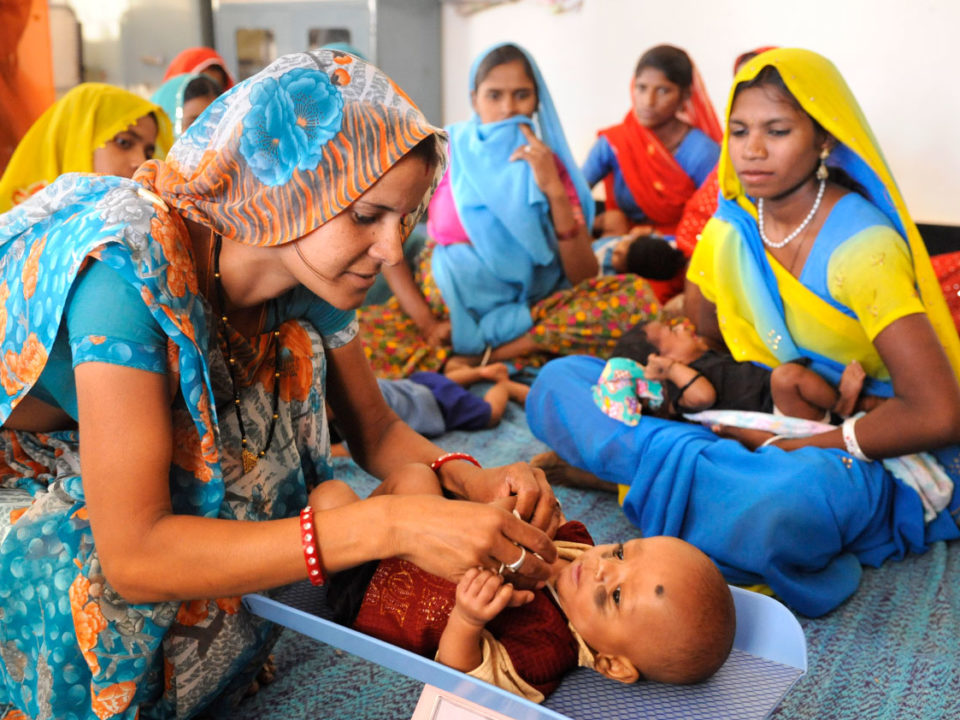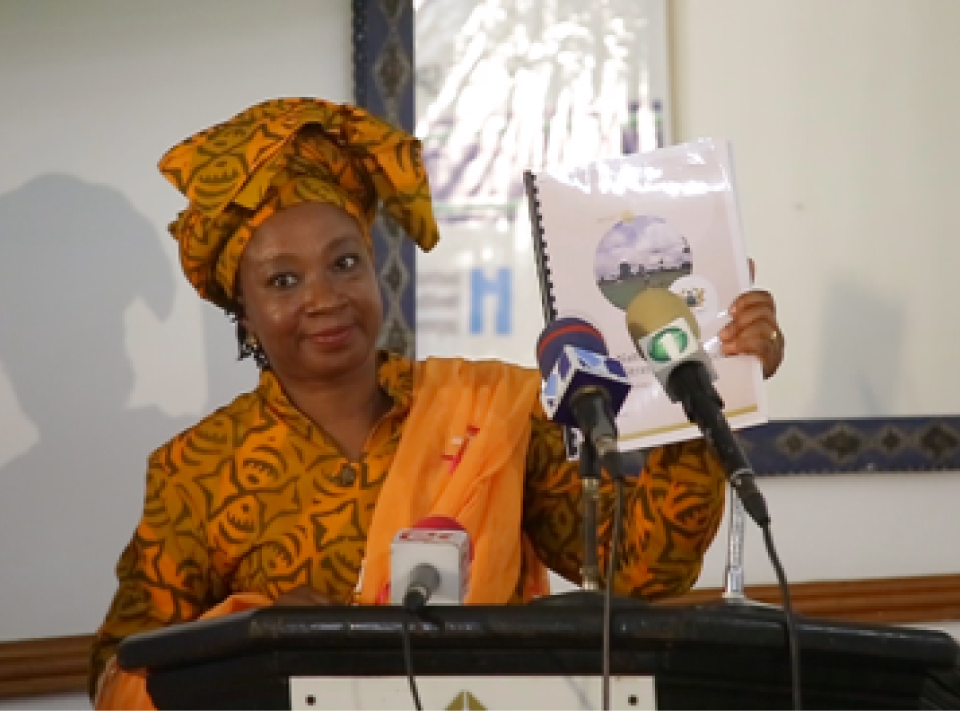
Ghana Sustainability Project (GSP)
March 7, 2019
India-CARE India Maternal and Newborn Health
March 8, 2019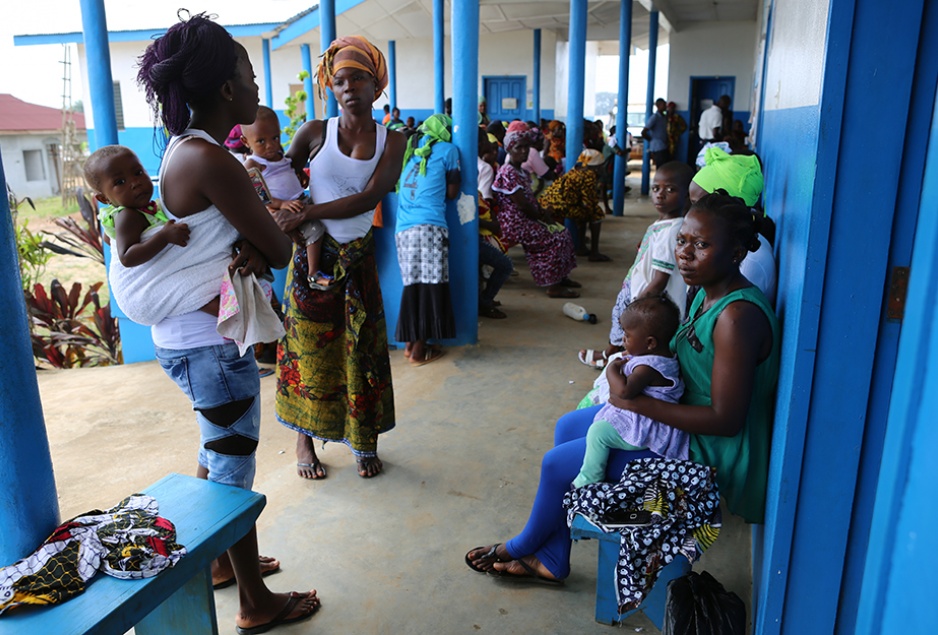
Liberia-Collaborative Support for Health
In partnership with the Institute for Healthcare Improvement (IHI), Ubora Institute provided technical guidance to the Liberian Ministry of Health to implement the US Agency for International Development (USAID) funded Quality Improvement Collaborative under the Collaborative Support for Health (CSH) Programme. To improve the health status of Liberians, a peer-to-peer learning network (Collaborative) was implemented in Bong, Lofa and Nimba counties — home to one-third of the country’s 4.3 million residents — to accelerate progress toward Liberia’s priorities for quality health care improvement. The fifteen (15) months prototype phase of the Collaborative started in April 2016 and included 45 facilities; 15 clinics, health centres and (referral) hospitals in each of the three beneficiary counties.
Ubora’s role in the Collaborative was to: design the Collaborative; develop Collaborative tools, dashboards and checklists; build QI capacity and capability in CSH’s mentors and Quality Advisor; train MoH Central, County, District and Facility level health workers in QI methods and tools; provide mentorship to trained QI coaches and to develop a change package — a collection of interventions that have proven to be effective in the context in which they were tested during the prototype phase. Performance gaps were identified and high leverage interventions were tested to impact the quality of care in the areas of Maternal, Newborn and Child Health, Family Planning, HIV/AIDS, Malaria, Infection Prevention Control, and Patient and Family Centred-Care. By the end of the prototype phase, November 2017, the CSH mentors were capacitated to lead the scale-up of the Collaborative to cover 80% of the facilities in the three counties. An absolute pre-/post- intervention assessment for the prototype phase revealed a 35% reduction in Maternal Mortality Ratio and a 31% reduction in overall Under-Five Mortality Rate in the facilities included in the Collaborative.
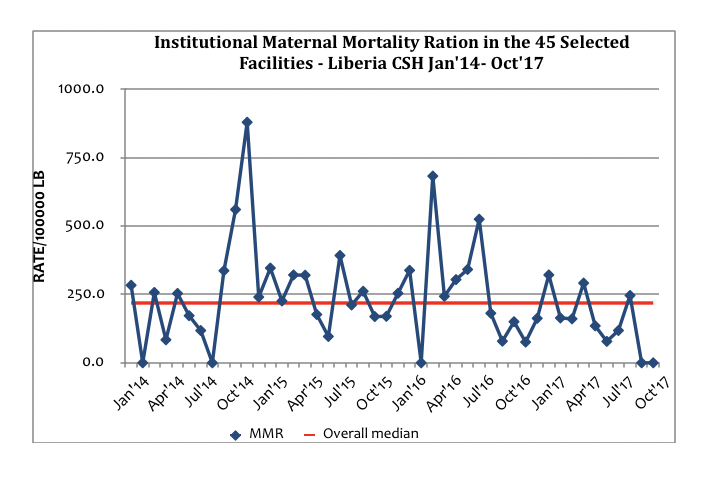
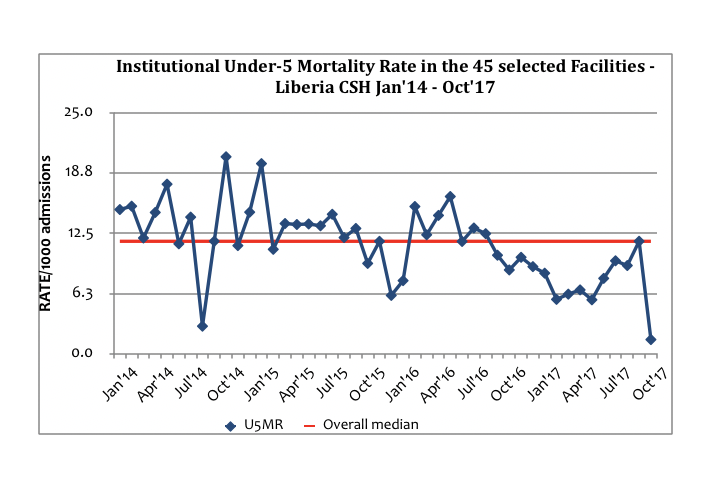
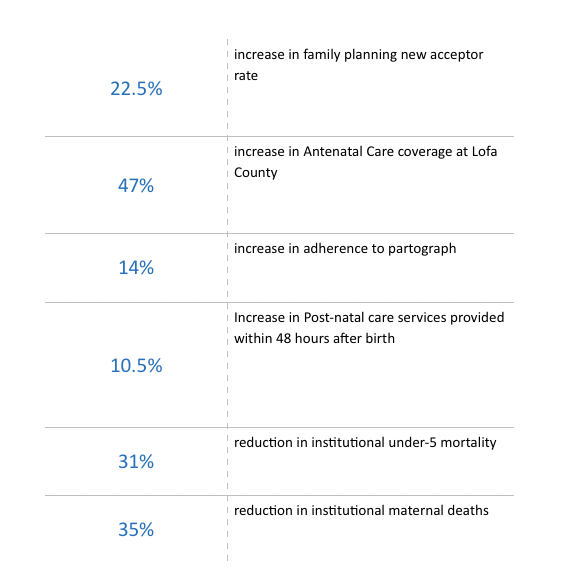
Highlights of the results achieved in the Liberia CSH Prototype phase – Collaborative data representing the 45 selected facilities in Bong, Lofa and Nimba county.


